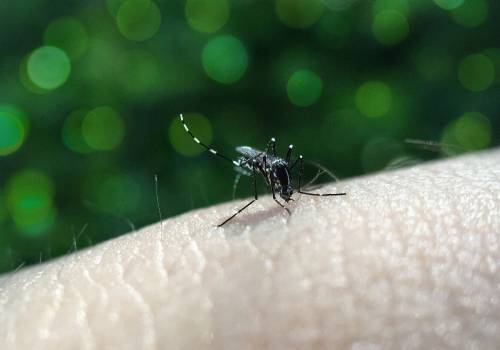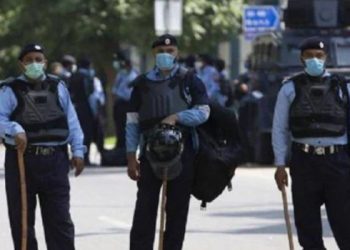ISLAMABAD: The Health Department of Islamabad Capital Territory has initiated a robust campaign to prevent a potential outbreak of dengue fever this year. More than 500 workers have been deployed for field activities as part of this endeavor.
Under the campaign, teams from the District Health Office in Islamabad, along with workers from allied departments including district administration, auqaf, and education, have commenced field activities. These activities encompass the identification and elimination of larvae, as well as surveillance and awareness campaigns to tackle dengue fever.
Speaking to ‘The Private Media’ on Saturday, Dr. Muhammad Zaeem Zia, the District Health Officer of Islamabad, stated that the teams are conducting approximately 11,000 visits per day. Each team is assigned a daily target of 80 visits by the district health office. The teams are diligently engaged in identifying and eliminating larvae in hotspots, and they are also conducting door-to-door visits to raise awareness among the public regarding preventive measures against a potential dengue fever outbreak.
In a public message, Dr. Zaeem emphasized the looming threat of a dengue fever outbreak and urged individuals to ensure there are no stagnant water pools or uncovered water containers at home. He stressed the crucial role of individuals in safeguarding the entire community from dengue fever.
Notably, the region is abundant in the dengue fever vector, the mosquito ‘aedes aegypti,’ and its larvae. However, only one dengue fever case has been reported from Islamabad thus far, and that was approximately one-and-a-half months ago.
The health department teams, consisting of lady health workers, are actively conducting a door-to-door campaign for larvae identification and elimination, while simultaneously educating the public on preventing the breeding of dengue fever vector larvae within households.
The health department teams have identified and regularly visit hotspots, which are potential breeding sites for mosquitoes, in the federal capital. These hotspots include graveyards, junkyards, obsolete buildings, under-construction buildings, local restaurants and hotels along roads, and nurseries. Treatment and management activities are undertaken at these locations.
Additionally, the teams are visiting tire shops regularly to identify and eliminate larvae. The shop owners are being educated on the necessary steps to prevent the breeding of the dengue fever vector.
As a preventive measure against dengue fever, unnecessary water accumulations at hotspots are being removed. In cases where removal is not feasible, chemical treatment is administered to prevent the breeding of the dengue fever vector.
Dr. Zaeem highlighted that the primary focus of the campaign is to mobilize the community through public health education. Public places serve as platforms for raising awareness about preventive measures against dengue fever.
During the door-to-door campaign, the lady health workers emphasize the importance of a clean environment, particularly the proper disposal of solid waste, which poses a significant risk factor during rainfall and may contribute to the spread of dengue fever and other seasonal infections within the community.
(Islamabad51-Newsdesk)












